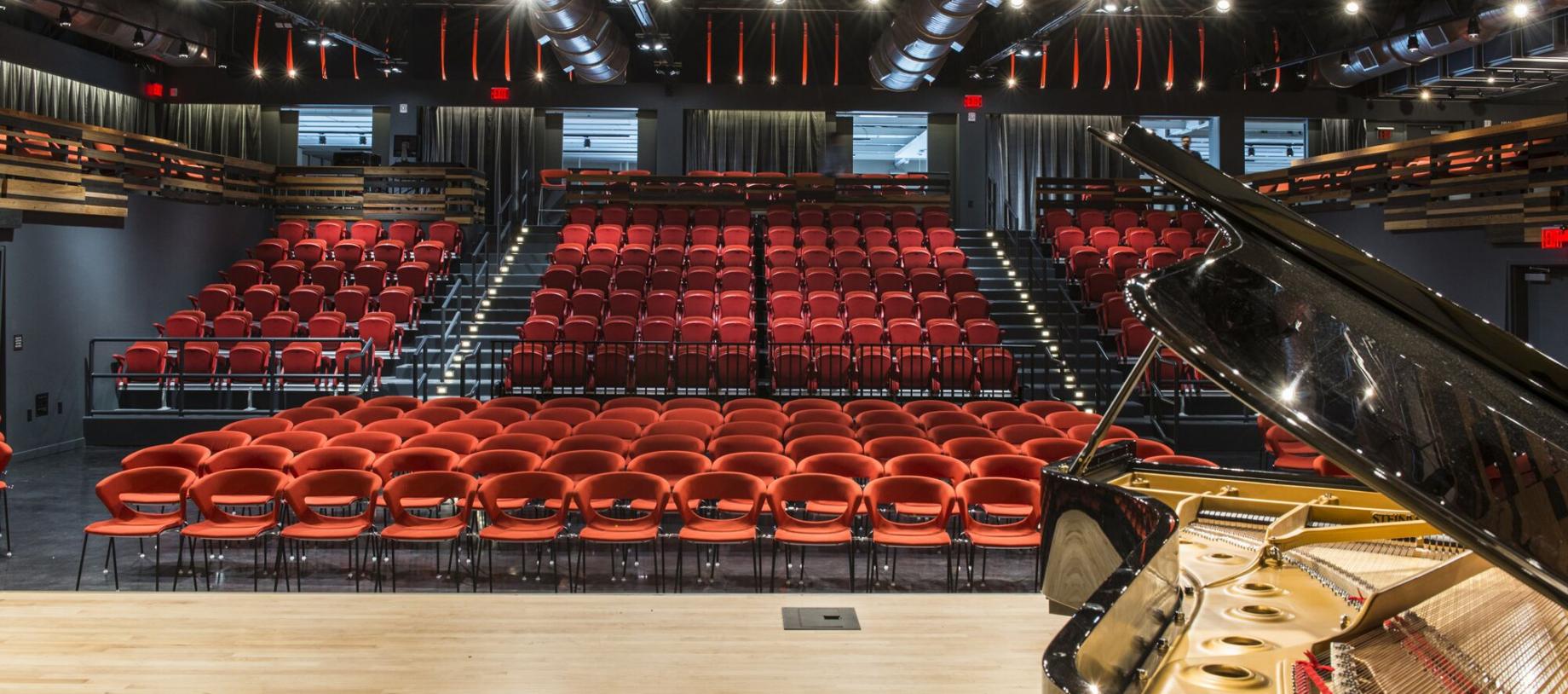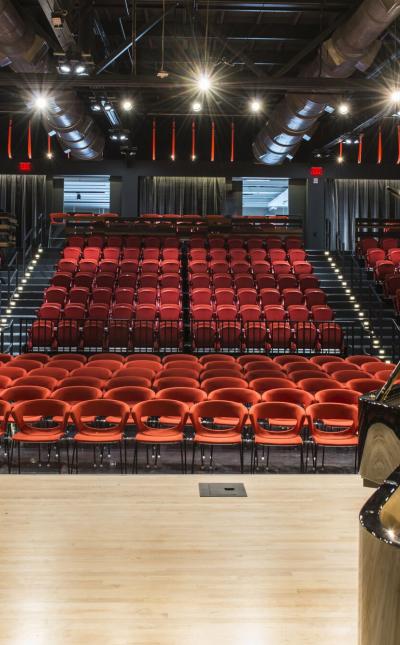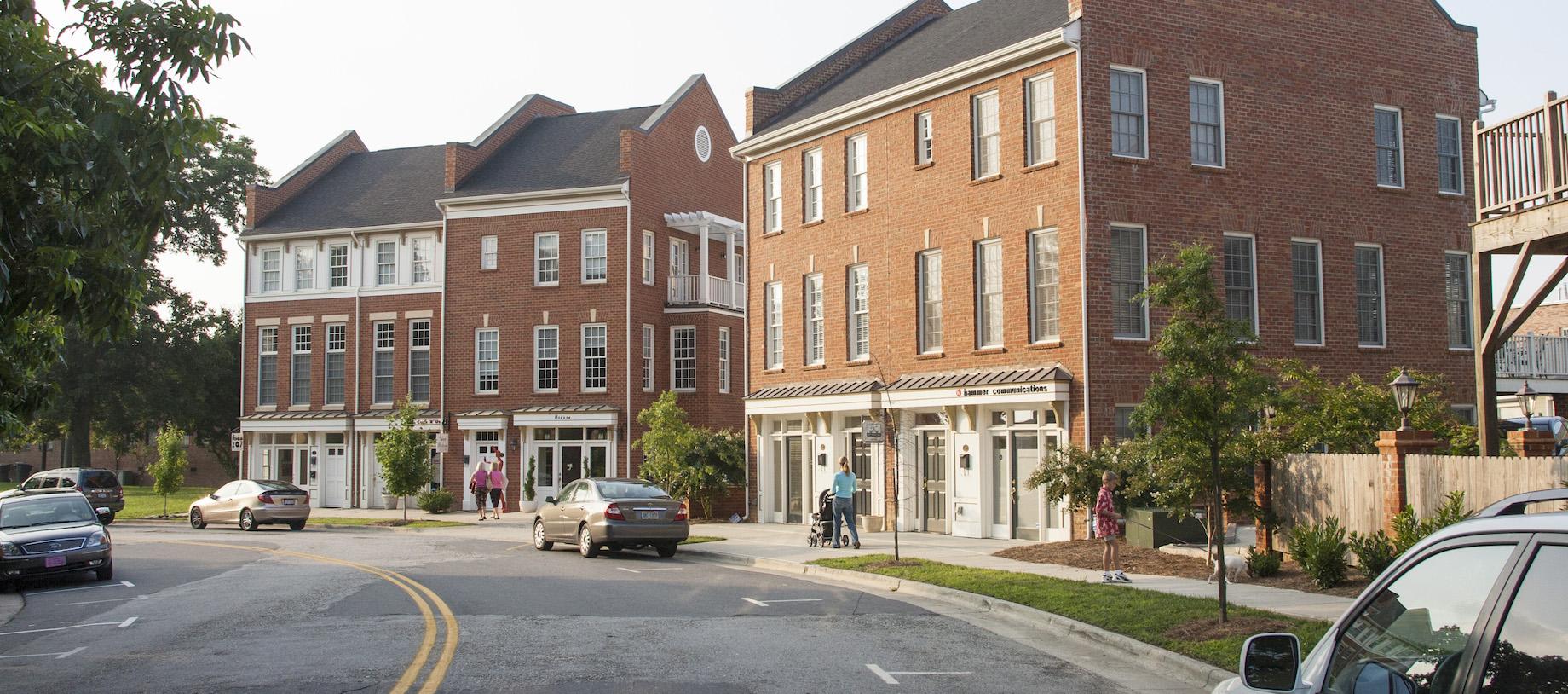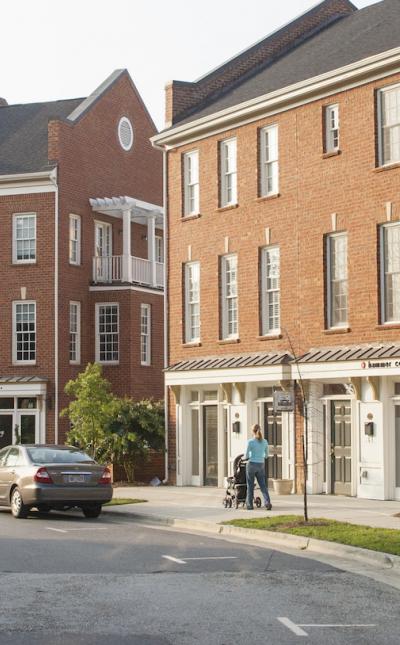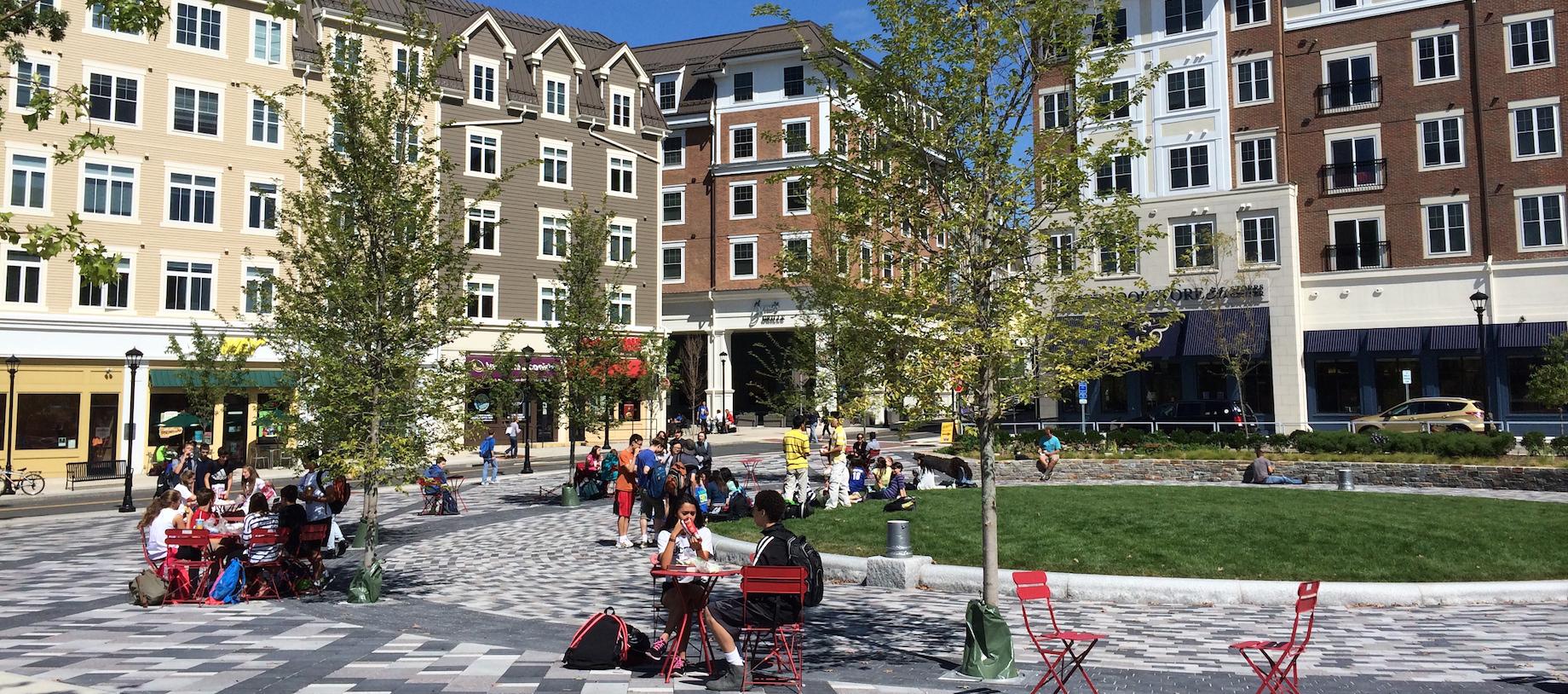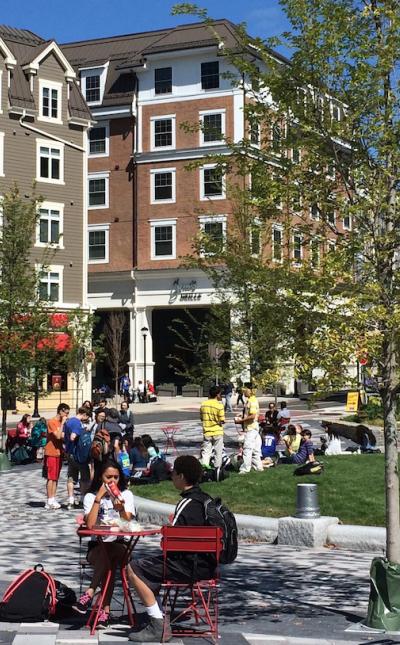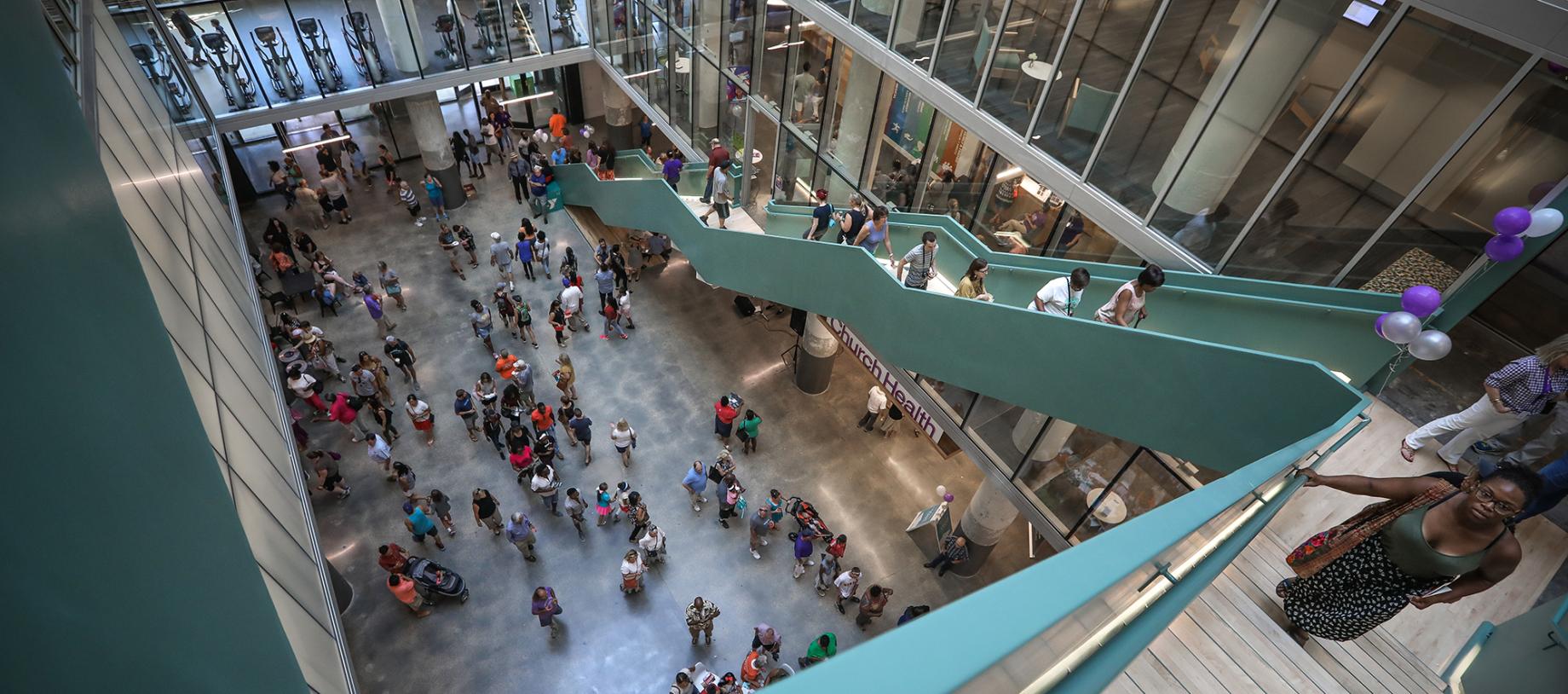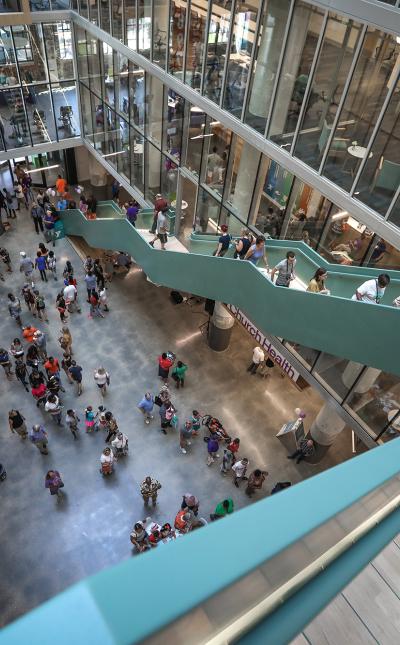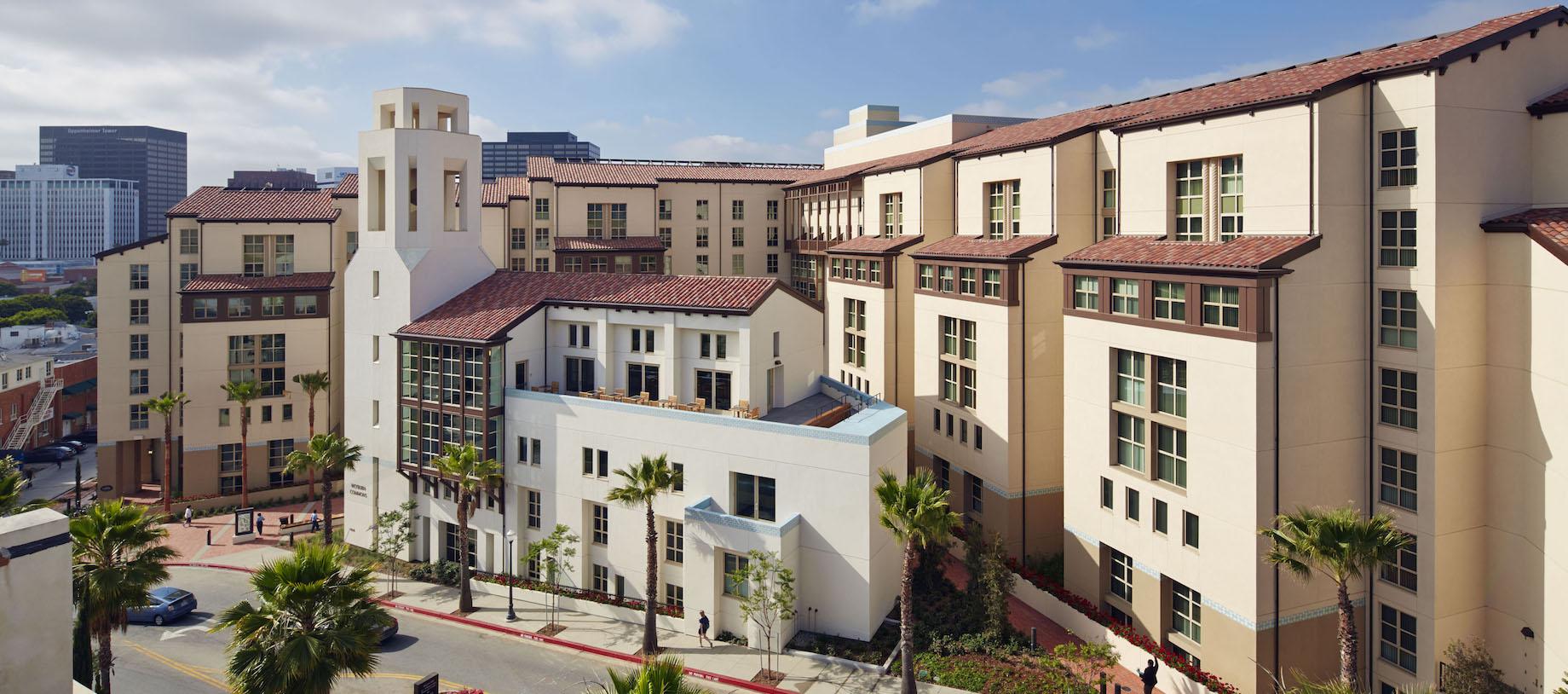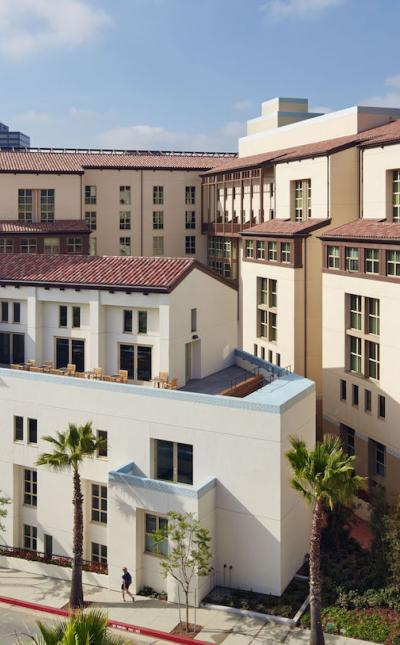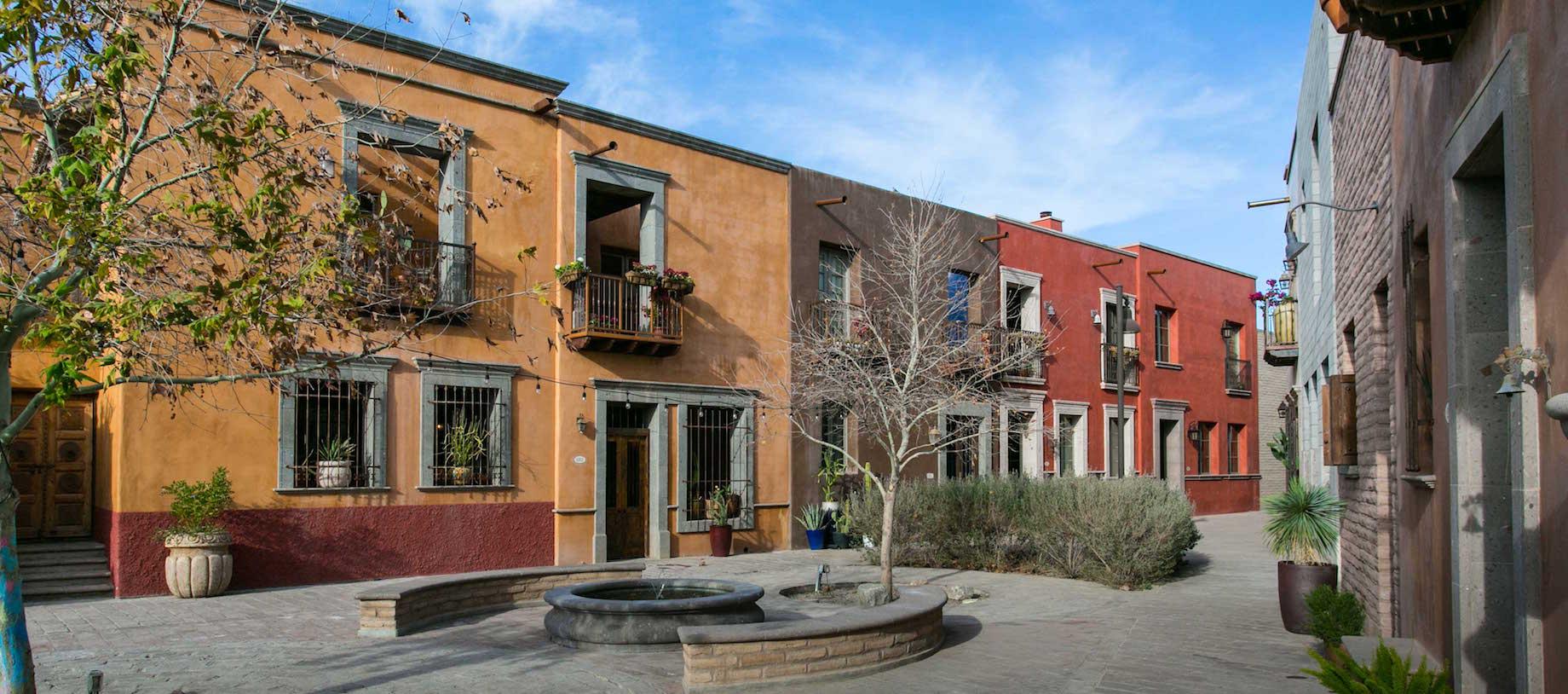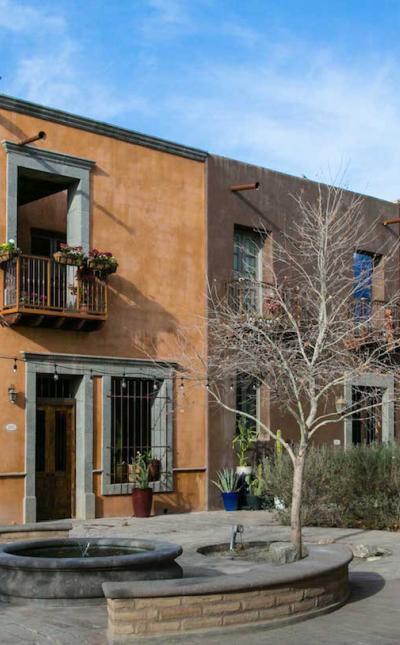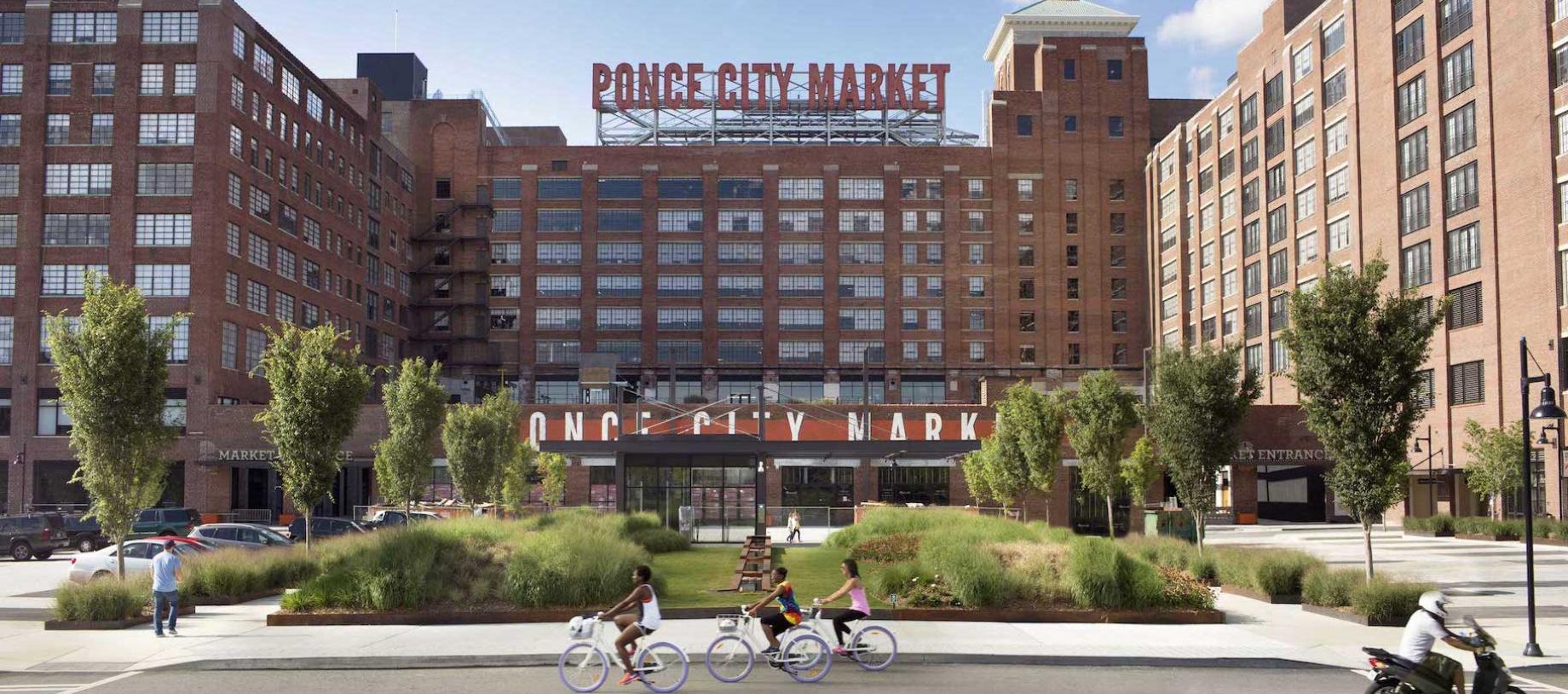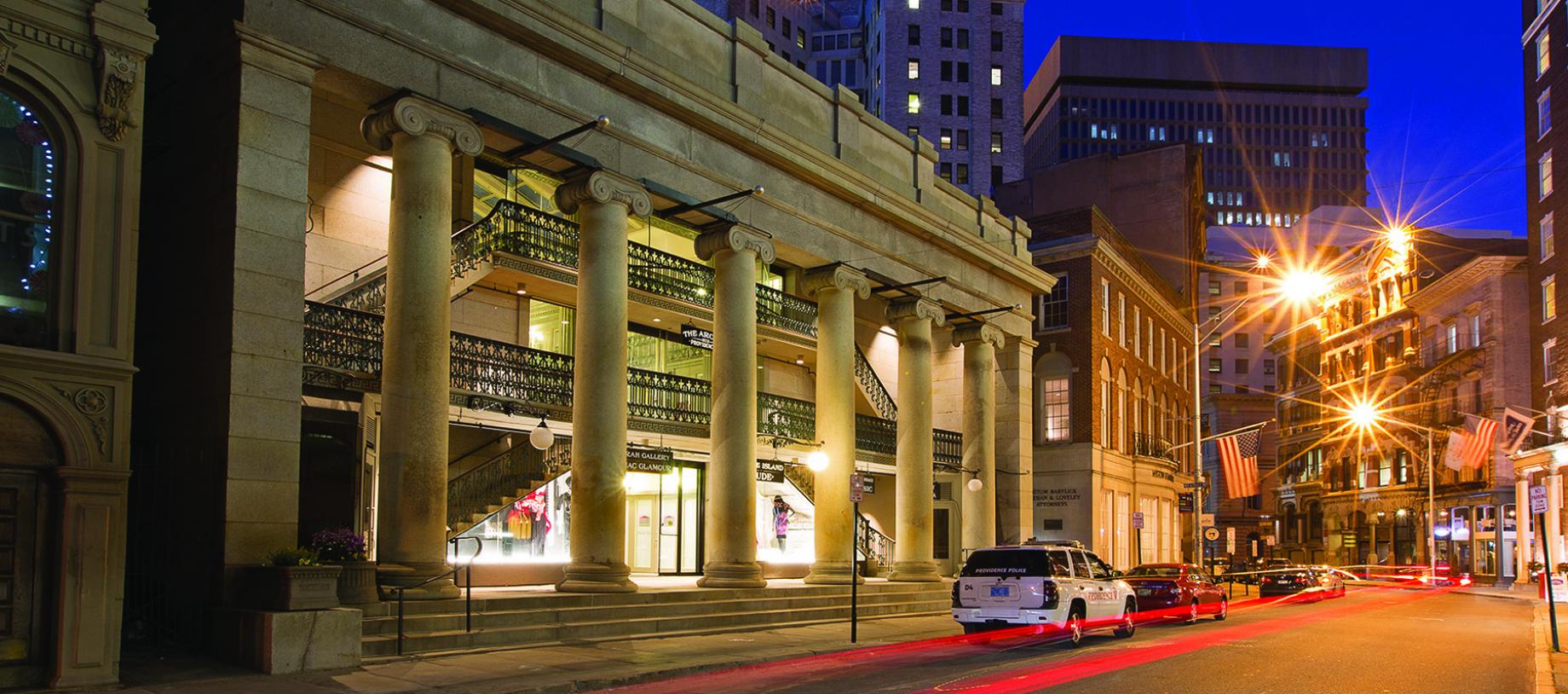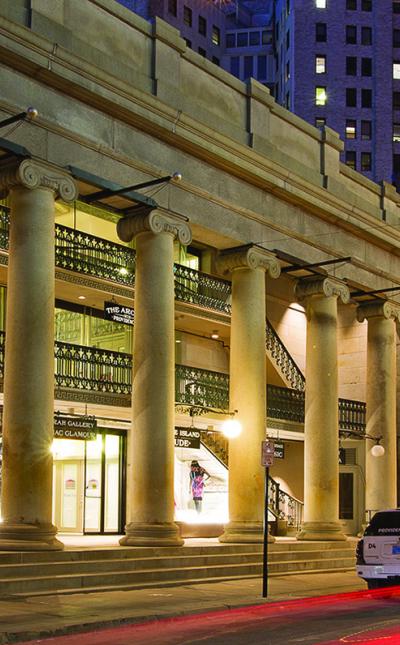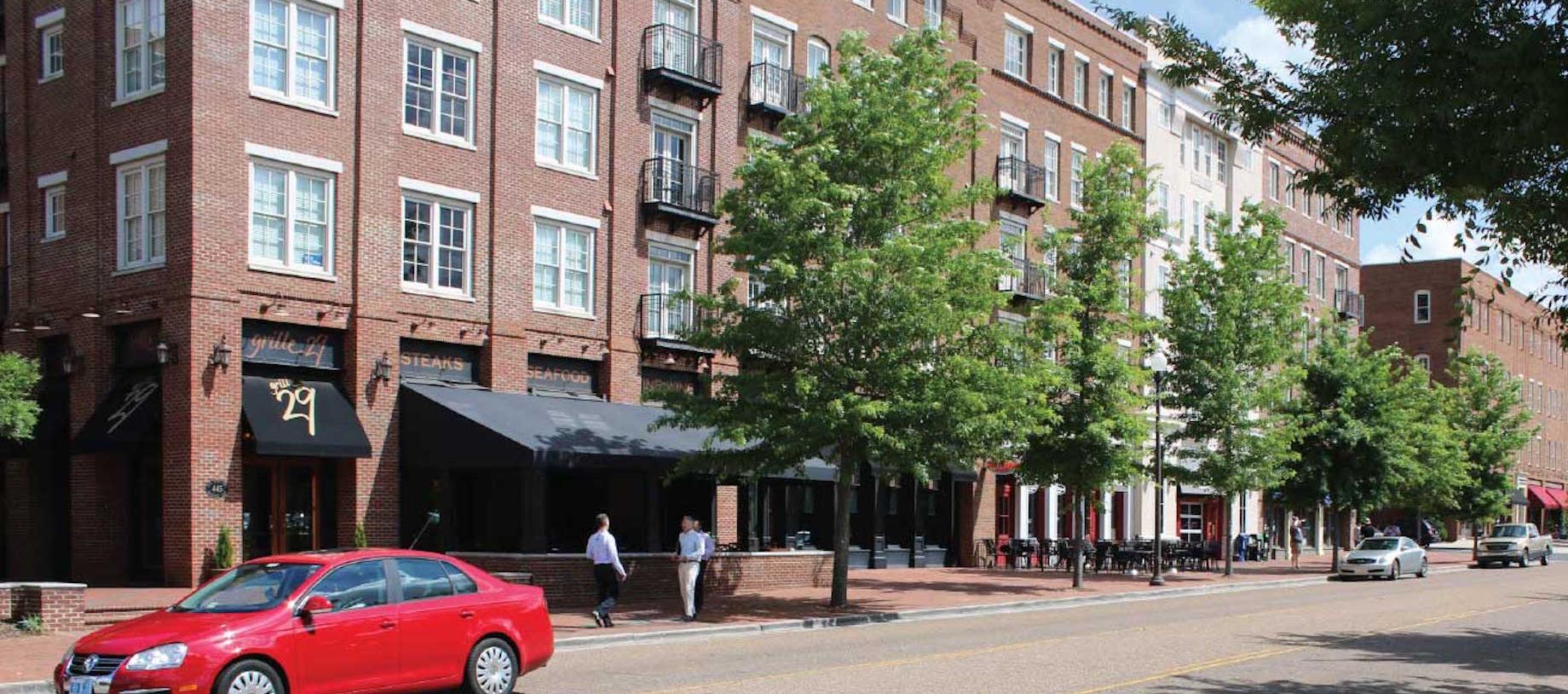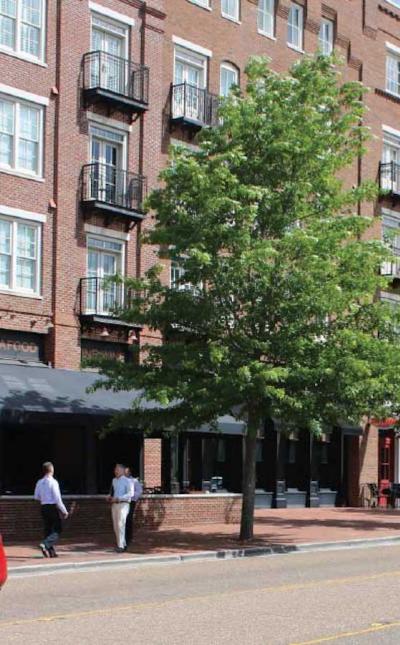In many walkable neighborhoods, housing costs have increased dramatically over the past decade—putting certain areas of cities out of reach for moderate-income residents. When these communities reach unaffordable heights, longtime residents are often displaced, and productive new arrivals face limited options for housing.
Accessory Dwelling Units (ADUs), sometimes called “granny flats” or “mother-in-law apartments”, help provide affordable options for a diverse range of residents. Often associated with senior citizens aging in place, ADUs also offer a leading solution for communities to prevent moderate-income populations such as teachers, firefighters, and police officers from being priced out of the very communities they serve.
Typical types of ADUs include apartments above garages, flats with separate entrances, or small secondary buildings on a homeowner’s property. Encouraging the development of these smaller housing options can help attract young graduates, support families with aging grandparents, and provide additional income for homeowners.

